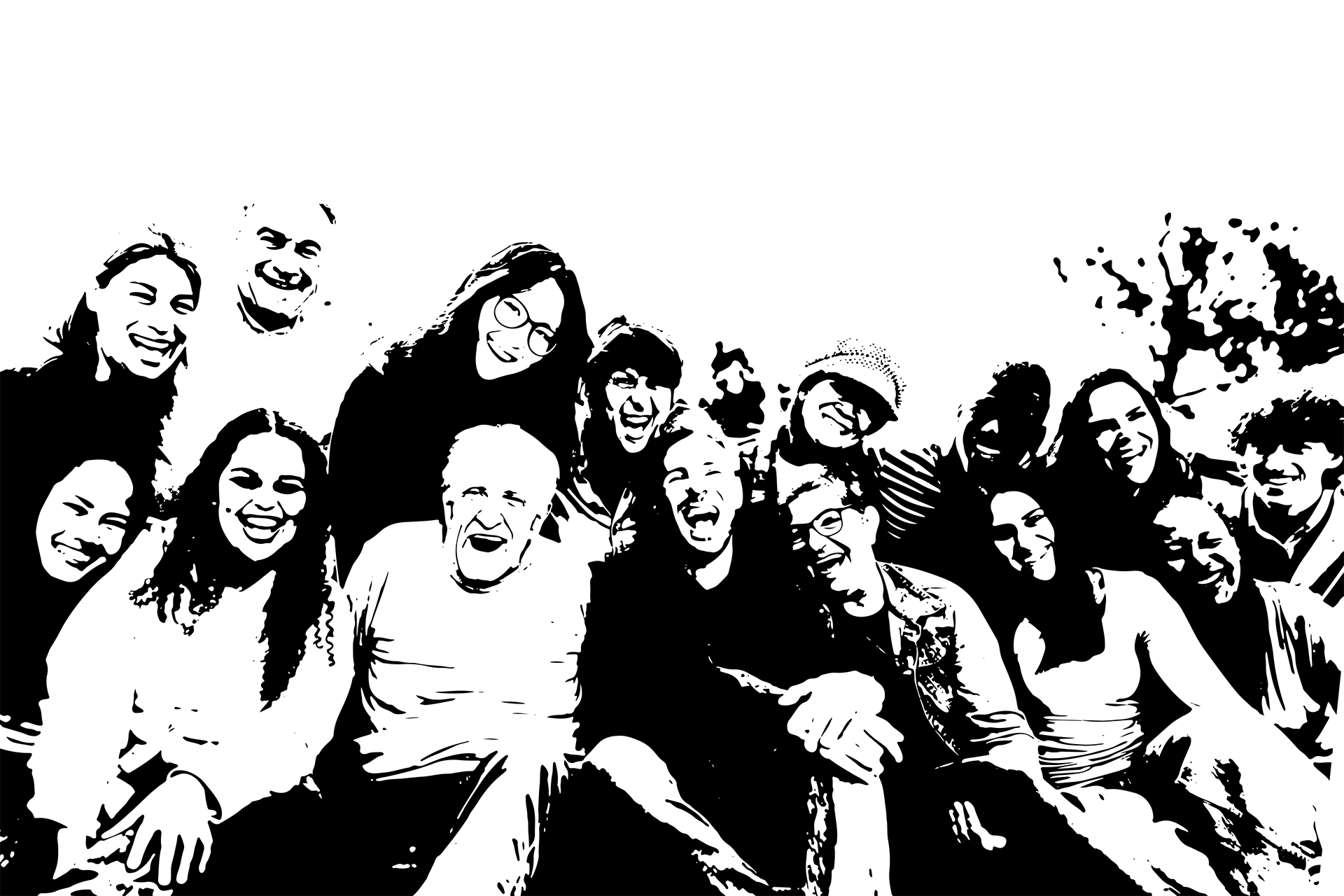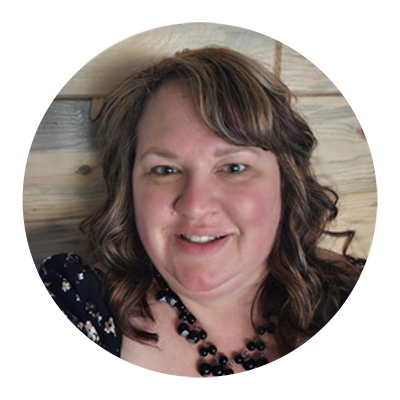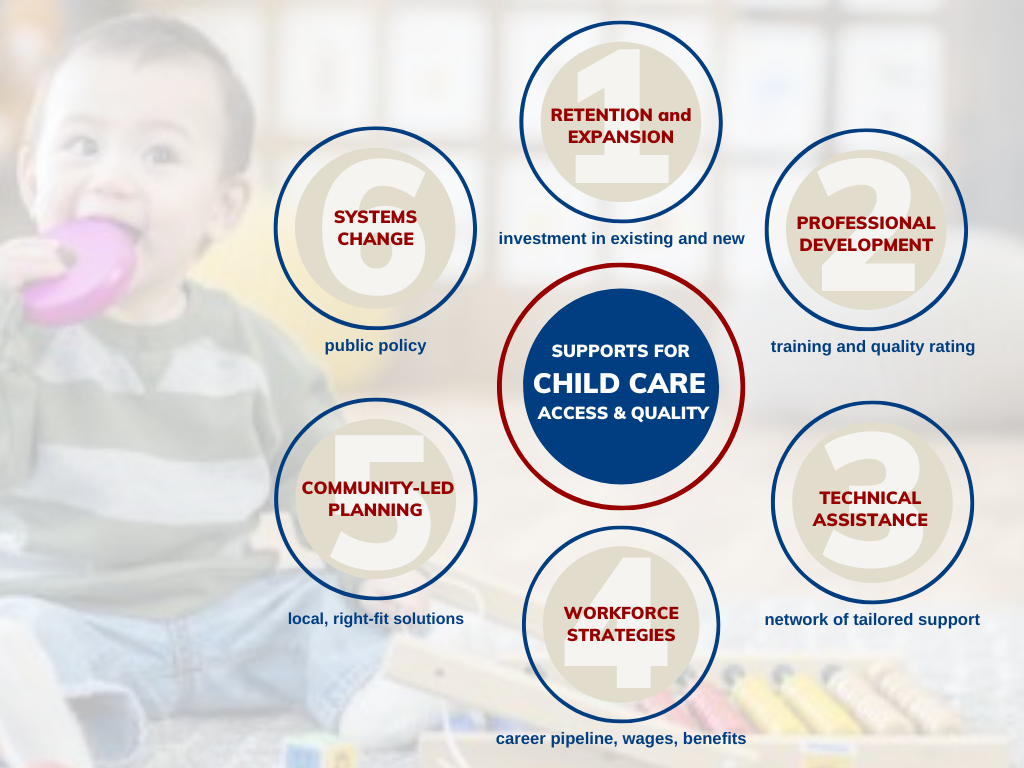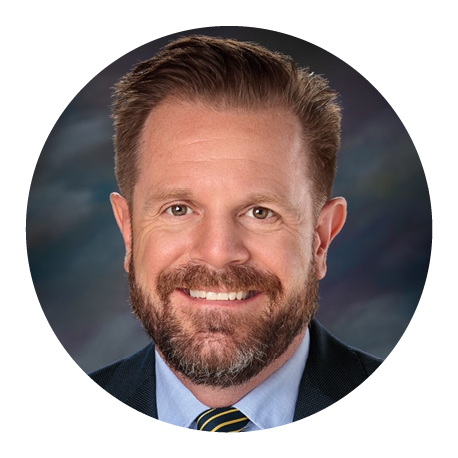
Partners, providers, and progress
Celebrating wins, spelling out challenges for child care

Shawntel Gruba is well-versed in the joys and difficulties of child care in northeastern Minnesota.
The northern Minnesota native had two decades of experience in early childhood education before opening Iron Range Tykes Learning Center seven years ago. She knows her chosen profession is vitally important to a rural region where child care is tough to find. Yet, she says, this is an industry on the edge of collapse. Her Mountain Iron, MN, center has space for 100 children … and a perpetual two-year waiting list. This is the reality in most rural communities statewide. There are no two ways about it: access to affordable, quality child care is in crisis.
Gruba and her business partner, Katie Mitrovich, both parents themselves, understand the plight of families, too. According to the U.S. Department of Health and Human Services (HHS), child care is ‘affordable’ if it costs no more than 7% of a family’s income. By this standard, only about 5% of Minnesota families can afford infant care. Gruba says, “I know people paying two, three, even four times that. People are being squeezed out of the workforce.”
Per 2025 data from the Economic Policy Institute, infant care in Minnesota costs on average $1,880 per month. A year of infant care costs 72% more than in-state tuition at a four-year public college.
Meanwhile, according to a 2024 Fact Sheet from the Office on the Economic Status of Women, the median hourly wage for child care workers in Minnesota was just $14.35. A median child care worker in Minnesota would have to spend 70 cents of every dollar they earn to put their own child in infant care.
“The need is huge, my team is so dedicated, and families we serve are grateful to have quality care,” said Gruba. “It’s just really hard to make the math work. This is a highly regulated industry. We can’t cut corners to keep the lights on. Rising operating costs get passed on to families.”

“In too many cases, parents leave the workforce because there are simply no openings near them, or the cost is more than their household can bear. Meanwhile, a lot of providers are at a breaking point.” —Shawntel Gruba, CEO, Iron Range Tykes
Here for the Long Haul
For 20 years, the Northland Foundation has been at the forefront of early care and education in northeastern Minnesota, affording us and our early childhood, economic development, and community partners with an inside view of the pain points. It has been a race of two steps forward, one step back, gaining new child care slots here, losing a center here or several family providers there. Still, we persist.
As Gruba asserts, child care is in perpetual struggle mode. Providers perform an essential service but profitability proves elusive. Families can’t find care; some are on years-long waiting lists trying to time pregnancies to coincide with an opening. Strides have been in educating stakeholders the seriousness of it, yet critical shifts in public policy and widespread private-sector support have not gained a permanent foothold.
Progress is Possible
Although the system is imperfect, progress is possible. The Northland Foundation’s comprehensive approach has positively impacted two-thirds of northeastern Minnesota’s 357 licensed programs, while building on quality of care with training and quality rating initiatives. That the shortage of child care is slightly less than it was three years ago is a testament to the people and partners who are working the problem from every angle.
“We alone can’t fix all the issues but alongside other partners we are chipping away at it,” said Northland Foundation President, Tony Sertich. “Has it made a difference? Yes, and bigger changes and solutions are needed.”
Six Strategies on Tap
There are a half dozen big buckets where efforts have focused, in concert with many partners, providers, and community members working to solve this challenge.
- Expansion and Retention: Aiming financing and funding to rural providers to start, grow, and sustain.
- Technical Assistance: Assembling a no-cost network of mentors and business advisors.
- Professional Development: Reducing barriers to accessing training and pursuing quality rating.
- Workforce Strategies: Supporting providers to implement practices to attract and keep staff.
- Community-led Planning: Facilitating a process in rural communities to find site-specific, actionable solutions.
- Systems Change: Advocating for public policy change and increased private sector investment.

Expansion and Retention
Since 2017, we’ve helped launch or grow 46 child care programs, creating 1,765 new slots, thanks to $1.2 million in state funding through the Minnesota Department of Employment and Economic Development (DEED). Although it is a modest amount of funding over an 8-year period, it helped child care businesses access nearly $18 million more in other investments to support their projects. Northland has also served in this role for county government, directing $750,000 in ARPA funds toward 23 child care programs.
Funding for expansion continues. Within the last year, $400,000 provided through DEED has boosted 16 child care start-up, retention, and expansion projects in the region so far. Another $240,000 recently awarded will provide funding to help up to 10 more projects.
Technical Assistance
Besides funding, providers have asked for help with business planning, financing, and regulatory concerns. They are looking for thought partners who understand their unique challenges. Inquiries flow in from individuals looking to open or strengthen their child care business, and we connect them to tailored support including one-on-one help from experienced child care navigators.
The Northland Small Business Development Center (SBDC) has provided 400+ hours in no-cost business consulting services to 46 providers over the past three years alone. Child care ranks as the 4th most common industry type served by our SBDC—highlighting both the critical need and our responsiveness.
Professional Development
Knowledgeable, developmentally and culturally appropriate care is vital to quality. Annually, the Northland Foundation hosts or supports 20 to 30 free or low-cost trainings for over 750 caregivers, lowering the cost barriers to professional growth. Through our Parent Aware Pathways program, we provide resources and incentives—like sign-on bonuses and curriculum tools—to support providers on their quality rating journey.
Our annual appreciation and training event, launched in 2008, continues to celebrate and elevate the child care workforce. This past spring in partnership with Child Care Aware, more than 200 providers gathered at the DECC in Duluth for DEVELOP-approved training sessions, lunch, and the chance to network with fellow providers from across the region.
Workforce Strategies
Solving the crisis means finding ways to bring more trained and caring people into the field with compensation and benefits that keep them there. Strategies include the Jump Into Child Care program which provides free training to help individuals explore and launch careers in child care, especially in the Duluth area. And, with funding from area partners, a Workforce Solutions pilot project distributed grants to 62 licensed programs to implement staff recruitment and retention efforts including bonuses, wellness activities, and professional development.

“Northland and so many others have been at this work for a long time. But, we—the collective we—can’t rest, because the underlying issues that led to this crisis persist.” —Tony Sertich, President, Northland Foundation
Community-Led Planning
We’re supporting planning cohorts led by our partner, Northspan, in places like Silver Bay, East Range, Hibbing-Chisholm, and now Cloquet. Northspan facilitates an organizing process that guides a local contingent to explore different child care ideas and create actionable plans based on the needs, assets, and gaps of that particular site. When a diverse group community members is involved, actively engaged, and guided by expert facilitators, promising ideas emerge.
Systems Change is Key
Real change requires systemic thinking. Northland brings experience and knowledge, minus any direct self-interest, to the policy-making table. We amplify voices from our region working toward shifting the systems, pilot innovative ideas that demonstrate workable models, and serve as a connecting point for partners and providers. This work takes many different forms, such as:
- Increasing the number of Parent Aware-rated programs in the region.
- Strengthening relationships and information exchange among entities working to support child care, including County/Tribal Licensors, the Minnesota Department of Children, Youth, and Families, First Children’s Finance, Child Care Aware, etc.
- Piloting projects like Family Navigators and Family, Friend and Neighbor Child Care supports and the Rural Pathways Getting Grant Ready for nonprofit child care programs.
- Helping licensed providers give input through focus groups and survey responses as the Department of Human Services drafts improvements to licensing standards.
- Offering no- and low-cost cultural learning opportunities for those working with young children and families.
- Sharing data and stories at statewide meetings and, when invited, testifying at the state legislature.
Providers including Shawntel Gruba are doing their own advocacy work, too, pushing for change. She says:
“I speak out in northern Minnesota and in St. Paul because we want the people elected to serve our communities to understand the realities we face, be inspired by our stories, and use their legislative power to support this critical industry. These are our children. What better investment is there?”
The Northland Foundation will continue to work from different angles, think outside the box, and be a collaborator in the movement to stabilize child care.
“Without child care, our economy falls apart,” Tony Sertich concludes. “It’s really that simple. The time to prioritize broad support is now.”
To connect with us on supports and opportunities for child care, please contact Vice President of Development and Programs, Zane Bail.